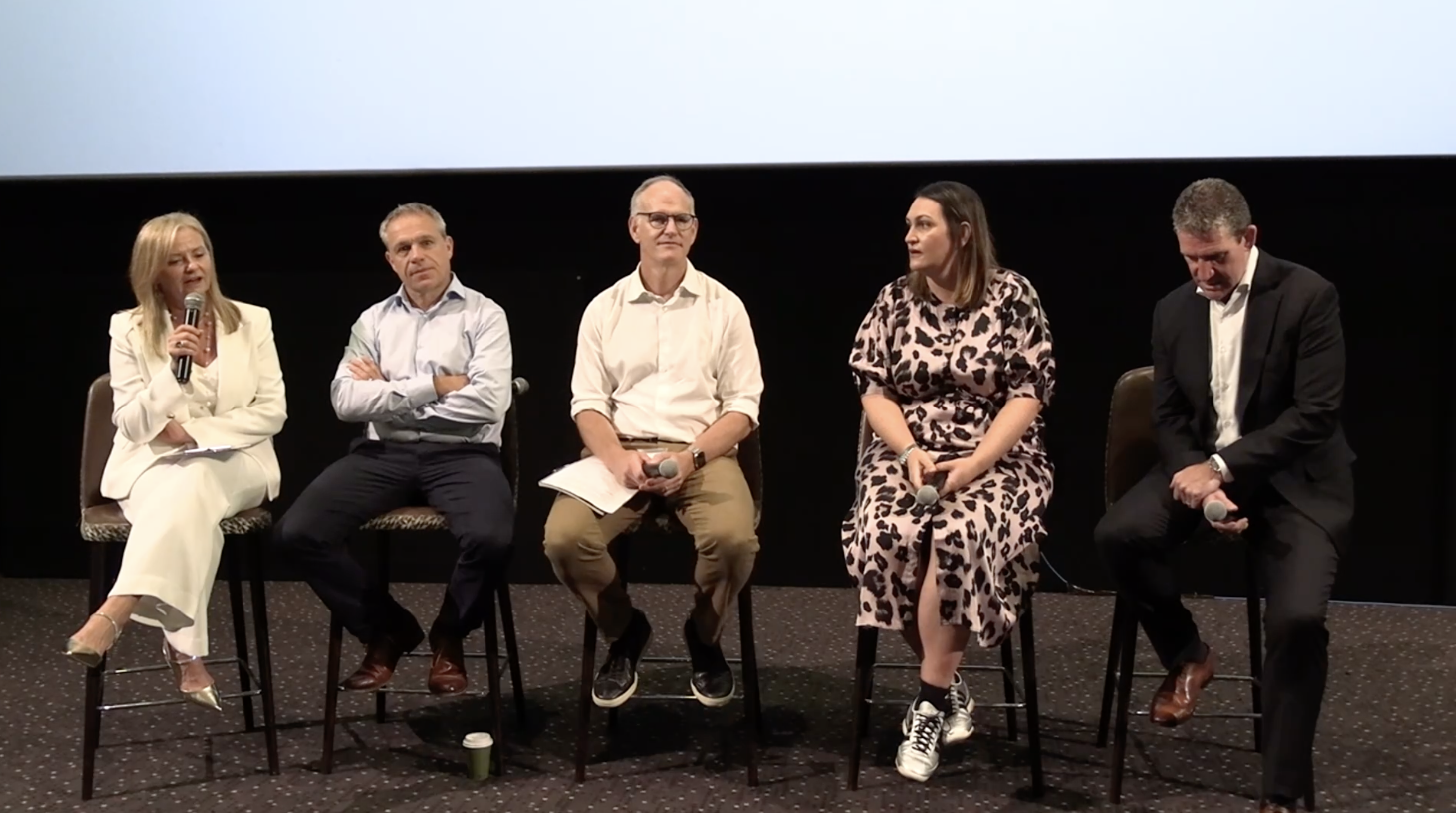The debate over remote and hybrid work is still a hot topic in the media industry. At the IMAA Indie-Pendence Day conference, top execs from Nine, News Corp, ARN, and Mamamia shared how they’re tackling the challenge, weighing the need for flexibility against the benefits of in-person collaboration.
Striking the right balance
Media leaders generally agreed that hybrid work is here to stay, but they also acknowledged that in-person collaboration remains crucial for creativity, innovation, and workplace culture. Nine CEO Matt Stanton emphasised the importance of bringing people together, especially as the company undergoes cultural transformation.
“We do feel that it’s good to make sure we have collaboration and time together,” Stanton said. “You spark off conversations, ideas form organically, and you don’t get that same level of engagement over Zoom.”
Michael Miller, News Corp Australasia executive chairman, added that while hybrid work allows flexibility, there is growing concern about adherence to policies.
“You can state what your policy is, but if employees decide to stay home because of the weather or a train strike, then you have an enforcement problem,” Miller said. “We need leaders to step up and reinforce that there are moments when it matters to be in the office.”
The impact on young professionals
Work-from-home (WFH) remains a significant factor in Australia’s workforce, with 36% of employees still working remotely as of August 2024, down from a peak of 40% during the pandemic. While 88% of Australians express a preference for at least some remote work, major companies like Woolworths, Coles, Amazon, Disney, X, and WPP have begun mandating office returns to boost collaboration and productivity. WPP, for instance, has implemented a four-day in-office policy, reflecting a broader trend of companies pushing for more on-site engagement. However, research suggests that inconsistent hybrid work policies are leading to dissatisfaction, with one in five employees considering leaving their jobs due to changing WFH rules.
ARN Group CEO Ciaran Davis raised concerns about the long-term effects of remote work on younger employees. He noted that early-career professionals risk missing out on valuable mentorship and networking opportunities when working primarily from home.
“The impact of COVID and remote work means younger generations aren’t getting the same office experience that many of us benefited from,” Davis said. “Business is about people, connection, and understanding your peers. If you can’t have a conversation face-to-face, if you can’t build relationships, you’re at a disadvantage.”
Mamamia CEO Natalie Harvey took a firmer stance, arguing that career growth is closely tied to visibility and presence in the workplace.
“If you want to stagnate in your career, work from home all the time,” Harvey said. “If you want to be at the cutting edge, you need to show up.”
She added that while personal flexibility is important, businesses must prioritise productivity and collaboration over individual convenience.
A call for flexibility, not rigidity
Despite differing views, leaders acknowledged that there is no one-size-fits-all solution. Some roles require a physical presence more than others, and companies must strike a balance between autonomy and accountability.
Harvey suggested that flexibility should go both ways. “Being strict and saying ‘I only come in three days a week’ isn’t flexibility,” she said. “Real flexibility is saying, ‘I need to stay home for a legitimate reason today,’ not because it’s simply more convenient.”
